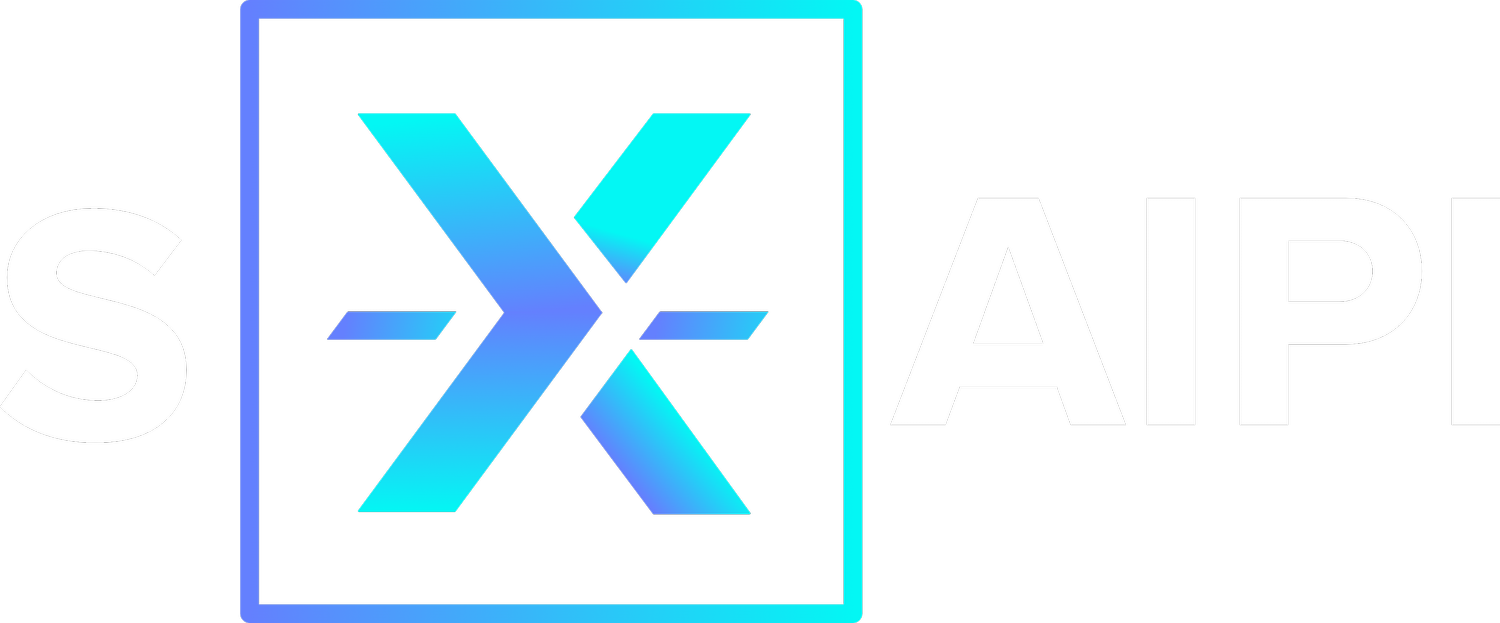
s-X-AIPI Horizon Europe project Final Event:
Transforming Process Industries with AI
09 April 2025
08.30 – 14.30 CET
Sava Centar & Online
On 9 April, s-X-AIPI celebrated its final event “𝗧𝗿𝗮𝗻𝘀𝗳𝗼𝗿𝗺𝗶𝗻𝗴 𝗣𝗿𝗼𝗰𝗲𝘀𝘀 𝗜𝗻𝗱𝘂𝘀𝘁𝗿𝗶𝗲𝘀 𝘄𝗶𝘁𝗵 𝗔𝗜” in Belgrade, Serbia. Key experts from s-X-AIPI, joined by an outstanding lineup of guest speakers, explored the many ways self-improving AI-powered tools can optimise processes, deliver real value to the process industries and beyond, and support Europe’s digital transformation journey.





Key takeaways
Learn how AI improves productivity, lowers costs, and promotes sustainability.
See human-centric AI tools designed to simplify integration.
Hear success stories from real-world applications in industrial use cases and lessons learned.
Gain insights from the European Commission Project Officer, highlighting the EC’s support for AI-driven innovation.
What was covered
Leading researchers and industry professionals presented AI innovations that:
Optimize steel production through predictive maintenance and quality assurance.
Improve efficiency of asphalt recycling and paving.
Support pharmaceutical manufacturing with predictive modelling.
Enhance aluminum recycling through AI-driven material quality control.
Explore Speaker Presentations
Opening Speech by the Project Officer Rositsa Georgieva
Project Officer Rositsa Georgieva
European Commission, HaDEA
European Commission, HaDEA
s-X-AIPI Overview: Achievements & Impact
The s-X-AIPI project has been dedicated to advancing Artificial Intelligence solutions to enhance automation, efficiency, and sustainability in the European process industry. By integrating self-X AI capabilities, the project has delivered AI-driven tools that support human operators in decision-making, reduce waste, and improve production processes. With successful industry use cases in steel, asphalt, pharmaceuticals, and aluminum, s-X-AIPI has demonstrated how AI can lead to smarter, more adaptive, and more sustainable manufacturing operations.
Self-X AI for Process Optimization
s-X-AIPI toolset of AI technologies include an innovative AI data pipeline with autonomic computing capabilities, minimizing human involvement in the loop and exhibiting self-improving ability.
Self-X abilities, powered by AI, allow the system to autonomously adapt (from self-configuration, self-optimization, to self-healing), extending traditional data analytics to handle unexpected situations. In this scenario the autonomic computing is fostered by the Autonomic Manager: it acts as a coordinator applicable to industrial contexts of AI component’s pipeline, ensuring AI pipeline’s maintenance, as a data flow manager and as a tool capable to support “Human In The Loop” principles. The Autonomic Manager guarantees AI system stability through Self-X abilities enabling dynamic adaptation across industrial contexts.
In this technological landscape user acceptance and business alignment must be ensured. Autonomous solutions for process industries are mature enough for full-scale implementation; however, technical challenges and human-related constraints must be addressed through a strategic planning approach including continuous quality improvement supervision towards efficiency, along with a human-centric design. The corresponding tools applied to the four use-cases will be presented.
Steel Industry AI for Scrap Optimization
In s-X-AIPI, the steel use case aims to increase the efficiency of electric steelmaking, targeting at greener production through optimized scrap mixing and circulation. The developed scheme is not only efficient but also emphasizes the importance of human skills, involving the operators and a data scientist. The whole is supported by an external web service that exploits Artificial Intelligence to notify the plant about sub-optimal operation. The optimization system is resilient thanks to its Self-X capabilities enabling self-detection, self-evaluation, and self-repair. The responsible project partners are the plant operator Sidenor Aceros Especiales from Spain, the information system integrator MSI (Mondragon Sistemas de Información) from Spain as well, and the research institute BFI (VDEh-Betriebsforschungsinstitut) from Germany. Complementing this, CORE from Greece has developed an AI-driven anomaly detection software that incorporates active learning with a Human-in-the-Loop (HITL) component, enabling continuous improvement through user feedback.
Asphalt Value Chain AI
The asphalt use case in s-X-AIPI focuses on optimizing the entire asphalt value chain, from raw material selection to road paving, using AI-driven capabilities. The system improves quality control, predictive maintenance, and sustainability by integrating real-time sensor data, AI-based decision-making, and human-in-the-loop interactions. The developed solution enables self-detection of anomalies, self-optimization of asphalt mix designs, and self-healing capabilities for predictive maintenance. Key partners include EIFFAGE, a leader in infrastructure and road construction, DEUSER, an engineering AI solutions provider, and CARTIF, responsible for the AI-driven framework and integration. CORE has implemented advanced data augmentation techniques to enhance model performance.
Pharma AI for Advanced Monitoring & Control
As part of the S-XAIPI project, the pharma use case focuses on increasing production output in a green chemistry approach by developing a data-driven process optimization system that enhances efficiency and control. The system leverages real-time monitoring through Optical Coherence Tomography (OCT) sensors to detect electrode degradation and Fourier Transform Infrared (FTIR) spectroscopy sensors to capture concentration values of adrenosterone, corti-sone, and side products. By adjusting the power supply current, synthesis speed can be op-timized while minimizing byproduct formation and preventing process disruptions. Machine Learning (ML) models, trained on past data, support decision-making through a Human-in-the-Loop (HITL) approach, enabling collaboration between operators and data scientists. An interactive dashboard integrates visualization tools, ML model predictions, and real-time Key Performance Indicators (KPIs) to provide comprehensive process insights and ensure a streamlined and sustainable synthesis process.
Aluminum Recycling & AI
As part of the s-X-AIPI Project, the Aluminium use case focuses on optimizing resource utilization through the development of an Intelligent Decision Support System (IDSS) that drives sustainability within the industry. This system enhances operators' decision-making and process understanding through a suite of digital services integrated into a user-friendly web application. Featuring interactive tables, advanced visualization charts, KPIs dashboards, and anomaly detection mechanisms, the IDSS provides operators with valuable operational insights. Additionally, it leverages Machine Learning (ML) Regressors for precise composition prediction and Generative models to design optimal material formulations based on user requirements, balancing resource efficiency, cost, and performance. Driven by self-optimizing capabilities, the framework also ensures continuous improvement of its intelligent solutions over time. The responsible project partners are IDALSA (Ibérica de Aleaciones Ligeras), a leading producer of secondary casting aluminium alloys, and AIMEN Technology Center, responsible for the development of the IDSS, digital services, and AI-driven solutions.
KER's of the s-X-AIPI project
In this session, MSI will present the Key Exploitable Results (KERs) of the s-X-AIPI project, highlighting the main achievements and practical applications developed. The discussion will focus on how these results can be leveraged by the industry, their impact on digitalization and process optimization, and opportunities for future exploitation. Additionally, we will explore the potential for replicating these solutions across different industrial sectors to maximize their impact and scalability.
Circular TwAIn Sister Project
Circular TwAIn develops and validates an AI platform for circular manufacturing value chains, enabling interoperable circular twins for end-to-end sustainability. By applying trustworthy AI techniques, the project supports human-centric sustainable manufacturing and drives the transition to Industry 5.0. It integrates diverse data sources to enhance seamless data sharing within trusted manufacturing data spaces, ensuring sustainability through the product lifecy-cle.
A key demonstrator within the project is the Battery Pilot, which focuses on the end-of-life treatment of automotive lithium-ion batteries (LIBs). This pilot leverages seamless data ex-change through manufacturing data spaces to optimize the remanufacturing and re-use of disassembled cells with suitable residual characteristics for second-life stationary applications. Among the various AI-driven solutions applied in the pilot, Generative AI tool is used to gener-ate synthetic data, supporting lab analysis of battery conditions and enhancing predictive models for material recovery. For cells that cannot be repurposed, advanced recycling pro-cesses recover high-value materials for reintegration as secondary raw materials.
AIDEAS Sister Project
AI Driven Industrial Equipment Product Life Cycle Boosting Agility, Sustainability and Resilience
The AIDEAS Project is dedicated to developing AI technologies for supporting the entire life cycle of industrial equipment (design, manufacturing, use, and repair/reuse/recycle) as a stra-tegic instrument to improve the sustainability, agility, and resilience of European machinery manufacturing companies. The Key Exploitable Results of the AIDEAS project are 4 AIDEAS Suites composed of 15 AIDEAS Solutions, and 1 AIDEAS Machine Passport, aiming to improve a set of Key Performance Indicators (KPIs).
In this session, AIDEAS will present some project highlights and will mainly focus on one of its main Key Exploitable Results; the machine passport tool, highlighting its main characteristics, current use, potential scalability, and impact in different industrial sectors, after the end of the project, as well as future exploitation.






